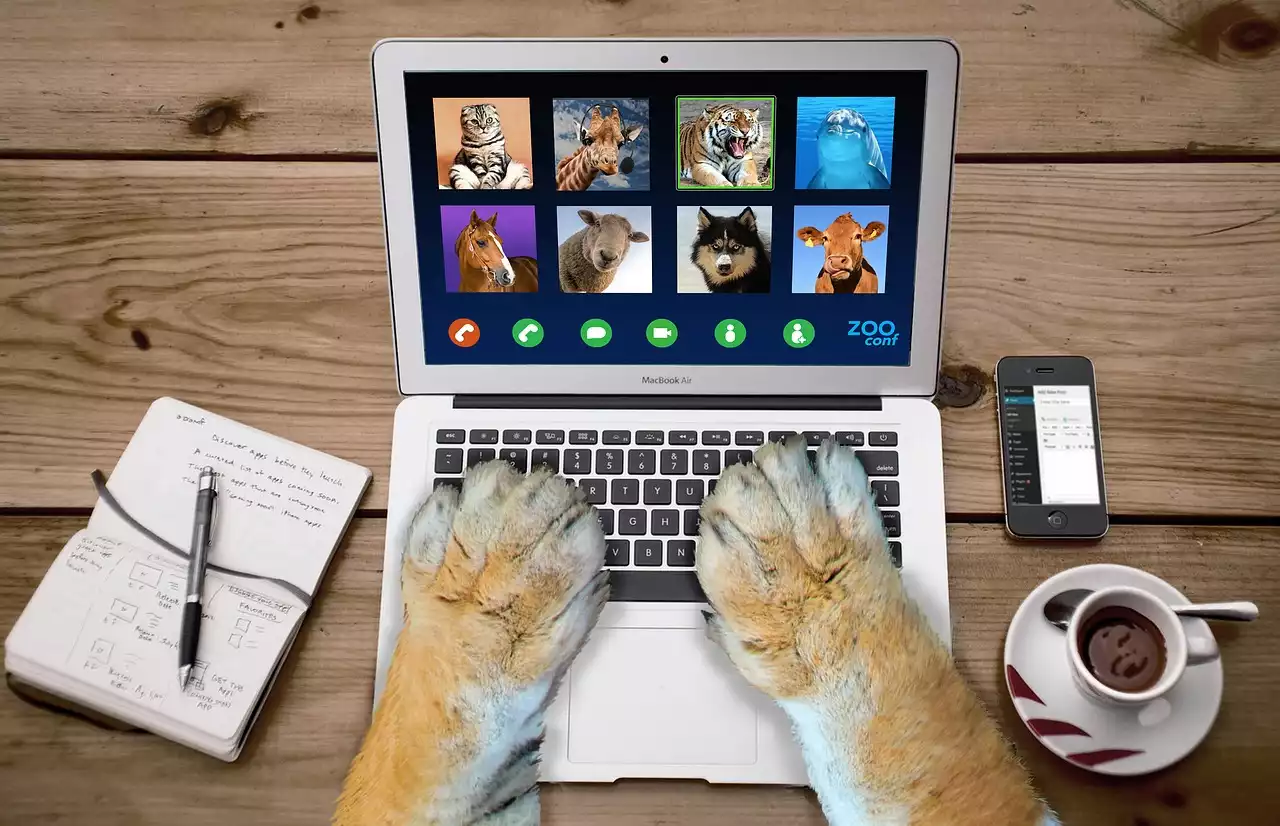Importance of Effective Communication in Remote Work
Effective communication is essential in any workplace, but it is even more important when working remotely. When you are not physically present in the same office as your colleagues, it's easy for misunderstandings to occur, or for important information to get lost in translation. This can lead to frustration, delays, and a lack of productivity. Effective communication helps to ensure that everyone is on the same page, understands what is expected of them, and can collaborate effectively. It also helps to build trust and foster strong relationships with your colleagues.
Tip 1: Set Clear Expectations and Goals
One of the most important things you can do to improve communication when working remotely is to set clear expectations and goals. This means being crystal clear about what you expect from your colleagues, what they can expect from you, and what your goals are for the project or task at hand. When everyone is on the same page, it is much easier to communicate effectively and work together towards a common goal.
To set clear expectations and goals, start by outlining the project or task at hand and breaking it down into smaller, more manageable tasks. Make sure that everyone on the team knows what their role is, what they are responsible for, and what the deadlines are. Use project management software to track progress and keep everyone up to date on what is happening. This will help to ensure that everyone is working towards the same goal and is aware of what needs to be done.
Tip 2: Use the Right Communication Tools
When working remotely, it's important to use the right communication tools to stay connected with your team. There are many different tools available, from video conferencing software to instant messaging apps. Make sure to choose the tools that work best for your team and the project at hand.
Video conferencing is an excellent way to stay connected with your team and have face-to-face conversations, even if you are not in the same room. Apps such as Zoom, Skype, and Google Meet are all great options for video conferencing. Instant messaging apps, such as Slack or Microsoft Teams, are also great for quick conversations and updates. Make sure to choose the tools that work best for your team and the project at hand.
Tip 3: Schedule Regular Check-ins
When working remotely, it's important to schedule regular check-ins with your team to ensure that everyone is on the same page. This can be done through video conferencing, instant messaging, or even email.
Make sure to schedule regular check-ins to discuss progress, any challenges that have arisen, and any changes to the project or task at hand. This will help to ensure that everyone is aware of what is happening and can contribute to the project's success.
Tip 4: Be Proactive in Communication
When working remotely, it's important to be proactive in your communication with your team. This means reaching out to your colleagues to ask questions, offer feedback, or share updates.
Don't wait for your colleagues to reach out to you; be proactive in your communication to ensure that everyone is on the same page. This will help to build trust and foster strong relationships with your colleagues.
Proactive Communication
Tip 5: Practice Active Listening
Effective communication is not just about speaking; it's also about listening. When working remotely, it's important to practice active listening to ensure that you understand what your colleagues are saying.
This means focusing on what your colleagues are saying, asking clarifying questions, and summarizing what they have said to ensure that you have understood them correctly. This will help to ensure that everyone is on the same page and can work together effectively.
Tip 6: Be Mindful of Cultural Differences
When working remotely with colleagues from different parts of the world, it's important to be mindful of cultural differences. This means being aware of different communication styles, languages, and customs.
Make sure to take the time to learn about your colleagues' cultures and communication styles. This will help to ensure that you communicate effectively and build strong relationships with your colleagues, regardless of where they are from.
Tip 7: Use Visuals and Written Communication
When working remotely, it's important to use visuals and written communication to ensure that everyone understands what is being communicated. This means using diagrams, charts, and graphs to illustrate your points, as well as written communication to clarify any misunderstandings.
Make sure to use visuals and written communication to supplement your verbal communication. This will help to ensure that everyone is on the same page and can collaborate effectively.
Tip 8: Don't Forget to Socialize and Build Relationships
When working remotely, it's easy to focus solely on work and forget to socialize with your colleagues. However, building relationships and socializing with your colleagues is just as important when working remotely as it is in a physical office.
Make sure to take the time to socialize with your colleagues, whether it's through virtual team-building activities or informal chats. This will help to build trust and foster stronger relationships with your colleagues.
Effective communication is key to the success of any team, and working remotely requires a different set of skills to ensure everyone is on the same page. By setting clear expectations and goals, using the right communication tools, scheduling regular check-ins, being proactive in communication, practicing active listening, being mindful of cultural differences, using visuals and written communication, and socializing with your colleagues, you can improve your communication skills and build stronger relationships with your colleagues. Whether you are a seasoned remote worker or new to the game, these tips will help you communicate more effectively in your remote work environment.










